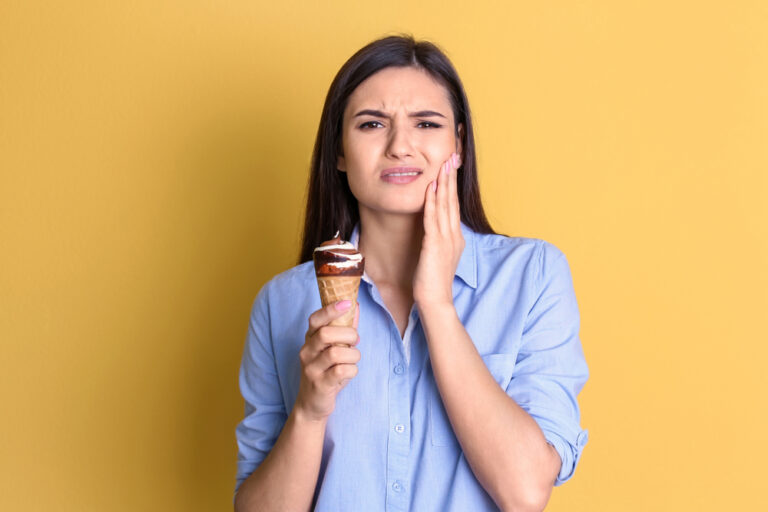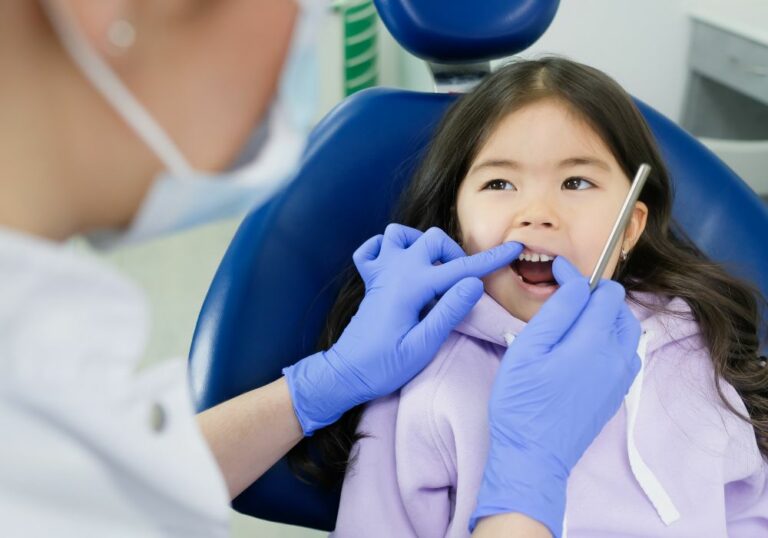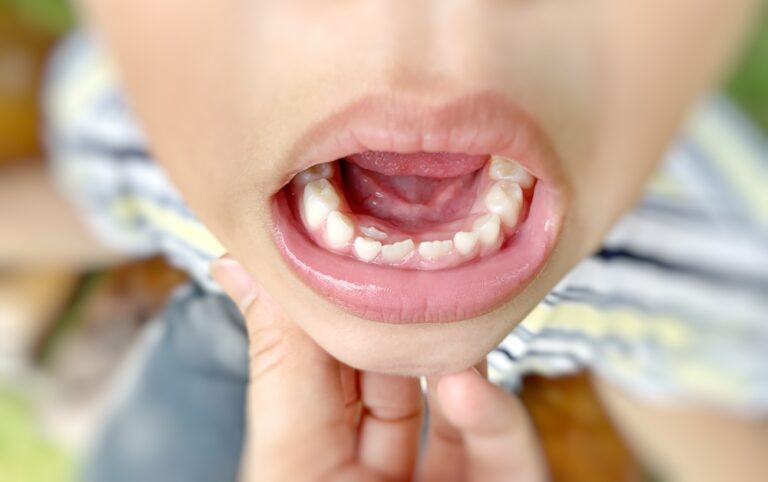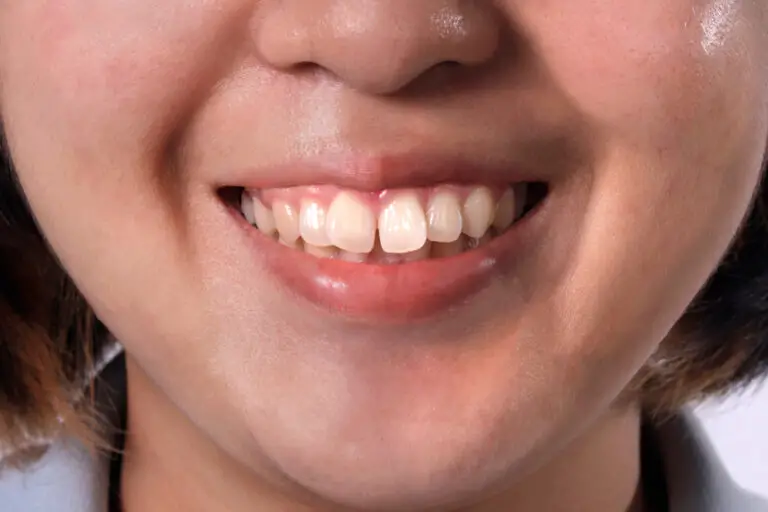If you’re scheduled to have your wisdom teeth removed, you may be wondering if you can wear deodorant on the day of the procedure. The good news is that in most cases, it’s safe to wear deodorant before and after the surgery. However, it’s important to follow your dentist’s post-operative instructions to ensure a smooth and comfortable recovery.
While deodorant is generally safe to use before and after wisdom teeth removal, there are some important factors to consider. For example, if you’re having general anesthesia, your dentist may ask you to avoid using deodorant or other cosmetics on the day of the procedure. This is because the anesthesia can cause nausea and vomiting, which can be dangerous if you inhale any of the substances on your skin. Additionally, if you’re having local anesthesia, your dentist may ask you to avoid using deodorant or other cosmetics on the area where the anesthesia will be administered, as this can interfere with the effectiveness of the anesthesia.
Understanding Wisdom Teeth Removal
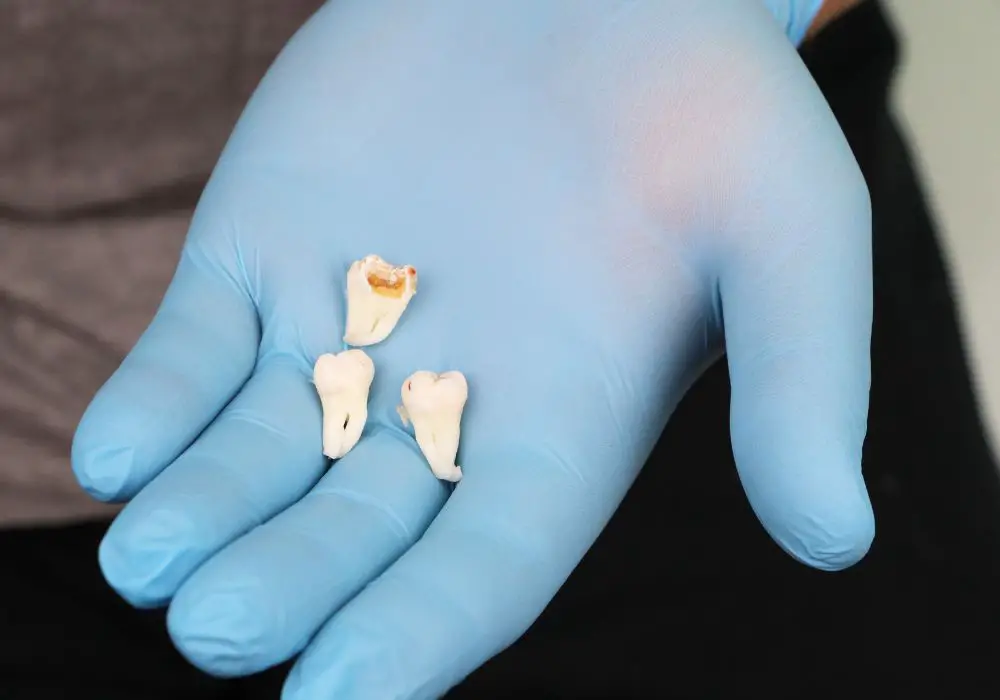
Why Wisdom Teeth Are Removed
Wisdom teeth are the last set of molars to emerge, usually between the ages of 17 and 25. For some people, these teeth grow in without any issues. However, for many others, wisdom teeth can cause problems such as pain, infection, and damage to surrounding teeth. In such cases, wisdom teeth removal may be necessary.
The Procedure
Wisdom tooth extraction is a common surgical procedure that involves removing one or more wisdom teeth. The procedure is typically performed by a dentist or oral surgeon.
Before the procedure, you will receive anesthesia to ensure you do not feel any pain. Depending on the complexity of the extraction, your dentist or surgeon may use local anesthesia, sedation, or general anesthesia.
During the procedure, the dentist or surgeon will make an incision in your gums to access the tooth. They will then remove the tooth and any surrounding tissue, such as bone, if necessary. After the tooth has been removed, the dentist or surgeon will stitch up the incision.
After the procedure, you will need to take care of the extraction site to ensure proper healing. Your dentist or surgeon will provide you with detailed instructions on how to care for the site, including what foods to eat, how to clean the area, and how to manage any pain or swelling.
Can You Wear Deodorant?
While it is generally safe to wear deodorant after wisdom teeth removal, it is always best to follow your dentist or oral surgeon’s recommendations. Applying deodorant should not cause any major issues, but it is important to limit physical exertion for the first few days following the procedure. If you have any concerns about wearing deodorant after wisdom teeth removal, be sure to consult with your dentist or oral surgeon.
Deodorant and Surgery
When it comes to surgery, it’s understandable to want to maintain good hygiene practices, including wearing deodorant. However, it’s essential to consider the potential risks and benefits before applying deodorant before surgery.
Potential Risks
While wearing deodorant may seem harmless, certain types of deodorants can interfere with medical equipment and cause complications during surgery. For example, some deodorants contain aluminum, which can create electromagnetic interference with medical devices like heart monitors and defibrillators.
Additionally, some deodorants may contain fragrances or other ingredients that can cause allergic reactions or skin irritation. This can be especially problematic if you’re undergoing surgery on or near the area where you’ve applied deodorant.
Benefits
On the other hand, wearing deodorant can help you feel more comfortable and confident before and after surgery. It can also help prevent body odor, which can be especially important if you’ll be spending a significant amount of time in the hospital or recovery center.
If you do choose to wear deodorant before surgery, it’s essential to follow your surgeon’s guidelines and recommendations. They may advise you to avoid certain types of deodorant or to apply it only to specific areas of your body.
In summary, while it’s generally safe to wear deodorant before surgery, it’s crucial to consider the potential risks and benefits and follow your surgeon’s recommendations. By doing so, you can help ensure a safe and successful surgery experience.
Pre-Surgery Instructions

Before your wisdom teeth removal surgery, there are some important instructions that you should follow to ensure a smooth and successful procedure. Here are some things to keep in mind:
What to Wear
On the day of your surgery, you should wear loose, comfortable clothing that allows you to move freely. Avoid wearing tight-fitting clothes or anything that may constrict your movement or interfere with the procedure. You should also wear comfortable shoes that provide good support, as you may be walking around before and after the surgery.
What to Avoid
In the hours leading up to your surgery, there are certain things that you should avoid to minimize the risk of complications. Here are some things to keep in mind:
- Do not eat or drink anything for at least 6-8 hours before your surgery, as this can cause nausea and vomiting during the procedure.
- Avoid smoking or using any tobacco products for at least 24 hours before your surgery, as this can interfere with your body’s ability to heal and increase the risk of infection.
- Do not wear any jewelry, contact lenses, or other accessories that may interfere with the surgery or need to be removed before the procedure.
- Follow your dentist’s instructions regarding the use of deodorant or other personal care products before the surgery.
By following these pre-surgery instructions, you can help ensure a safe and successful wisdom teeth removal procedure. If you have any questions or concerns, be sure to talk to your dentist or oral surgeon before the surgery.
Post-Surgery Care

After getting your wisdom teeth removed, it’s crucial to take proper care of yourself to ensure a smooth and comfortable recovery. In this section, we will cover some essential post-surgery care tips to help you feel your best.
Hygiene Practices
Maintaining good oral hygiene is critical after getting your wisdom teeth removed. Here are some tips to keep your mouth clean and healthy during your recovery:
- Brushing: Brush your teeth gently, avoiding the surgical site, for the first 24 hours after surgery. After that, you can brush your teeth normally, but be careful around the surgical area.
- Rinsing: Rinse your mouth gently with warm saltwater every 2-3 hours for the first few days after surgery. This will help keep the surgical site clean and promote healing.
- Avoiding smoking and alcohol: Smoking and alcohol can slow down the healing process and increase the risk of complications. Avoid smoking and drinking alcohol for at least 24 hours after surgery.
- Using mouthwash: Your dentist may recommend a medicated mouthwash to help reduce the risk of infection. Use the mouthwash as directed.
Recovery Tips
Here are some additional tips to help you recover from wisdom teeth removal:
- Resting: Rest for the first 24 hours after surgery. Avoid any strenuous activities for at least a week.
- Applying ice: Apply an ice pack to your face for 15-20 minutes at a time, with 20-minute breaks in between. This will help reduce swelling and pain.
- Eating soft foods: Stick to soft foods like mashed potatoes, soup, and yogurt for the first few days after surgery. Avoid hard, crunchy, or spicy foods, as they can irritate the surgical site.
- Taking pain medication: Your dentist may prescribe pain medication to help manage any discomfort. Take the medication as directed.
- Avoiding straws: Sucking through a straw can dislodge the blood clot and delay healing. Avoid using straws for at least a week after surgery.
By following these post-surgery care tips, you can help ensure a smooth and comfortable recovery after getting your wisdom teeth removed.
Frequently Asked Questions
How long does wisdom teeth removal take?
The length of time for wisdom teeth removal can vary depending on the complexity of the extraction. Generally, the procedure takes about 45 minutes to an hour. However, it can take longer if the teeth are impacted or if there are complications.
What can you wear to get your wisdom teeth removed?
It is recommended to wear loose-fitting, comfortable clothing on the day of your wisdom teeth removal. Avoid wearing tight clothing or anything that may interfere with the procedure. You should also avoid wearing jewelry or accessories that may get in the way.
What should you not do before wisdom teeth removal?
Before your wisdom teeth removal, it is important to follow your dentist’s instructions carefully. This may include avoiding certain foods and drinks, such as alcohol and caffeine, and not smoking. You should also avoid taking aspirin or any medication that may thin your blood, as this can increase the risk of bleeding during the procedure.
When to take antibiotics after wisdom tooth extraction?
Your dentist may prescribe antibiotics before or after your wisdom teeth removal, depending on your individual situation. If antibiotics are prescribed, it is important to take them exactly as directed. This will help prevent infection and promote healing.
What to eat after wisdom teeth removal?
After your wisdom teeth removal, it is important to eat soft, easy-to-chew foods for the first few days. This may include soups, smoothies, and mashed potatoes. Avoid hard, crunchy, or chewy foods, as these can irritate the extraction site and slow down the healing process.
Taking medication before wisdom teeth removal
If your dentist prescribes medication before your wisdom teeth removal, it is important to take it as directed. This may include pain medication or medication to help you relax during the procedure. Be sure to let your dentist know if you have any allergies or medical conditions that may affect how you react to the medication.

